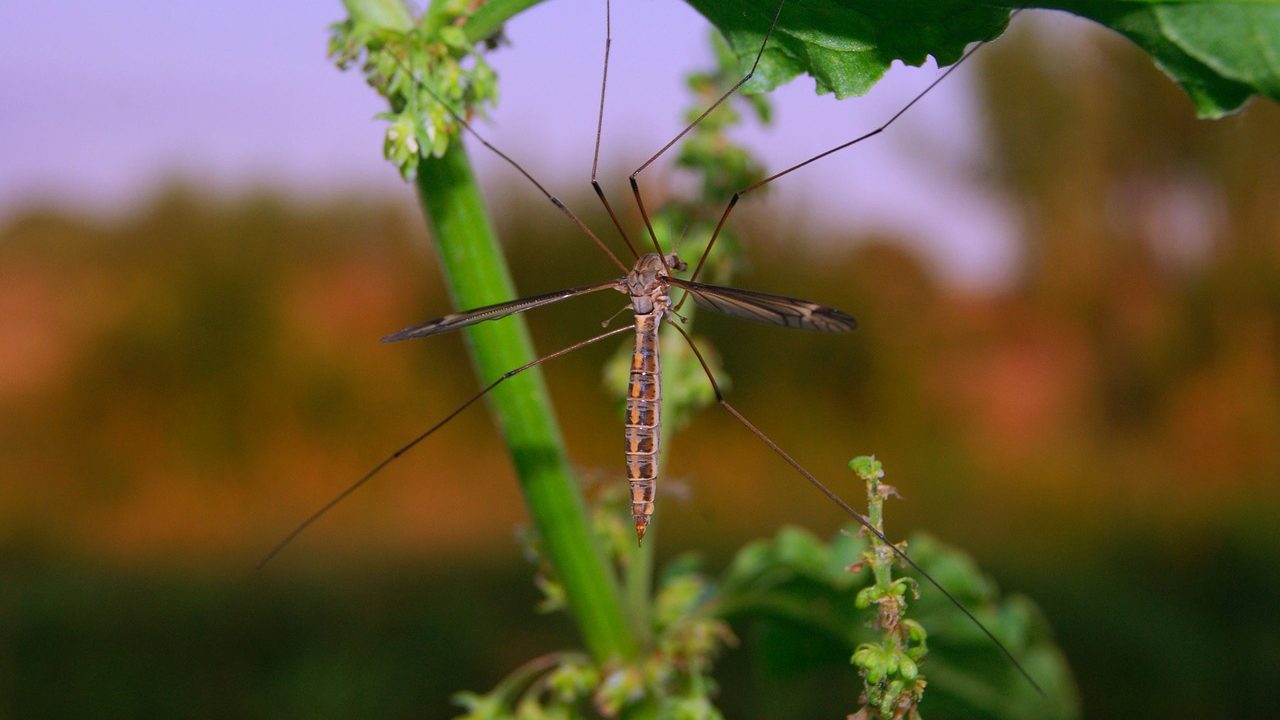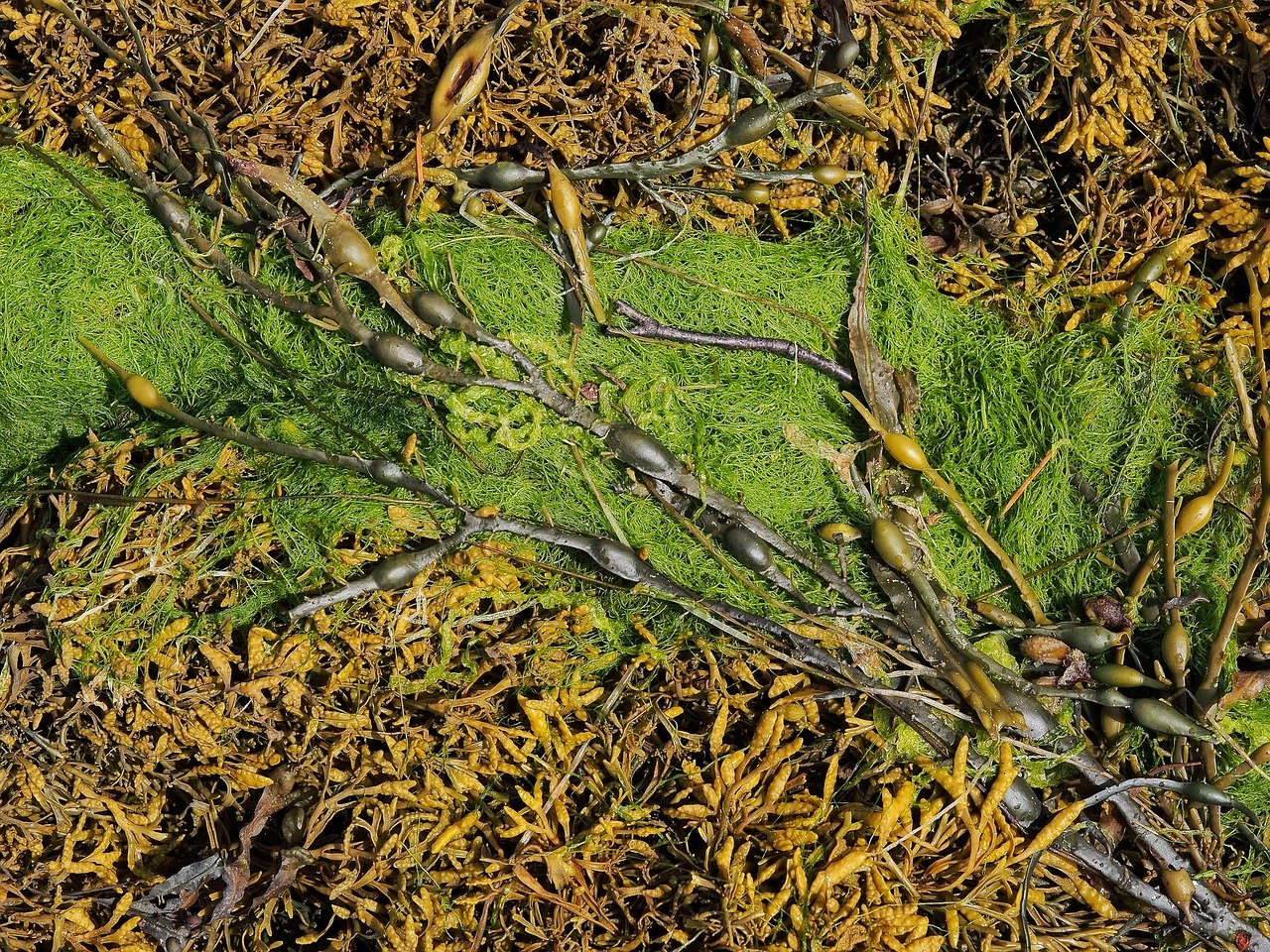
New Mosquito Repelling Molecule Identified
- News
- 2K
Researchers have synthesized a new aromatic molecule that promises to help repel and kill adult female of Aedes aegypti mosquito which is a carrier of several disease-causing viruses.
Mosquito bites that result in diseases such as malaria and dengue are a major concern in tropical countries where the temperature allows their easy breeding and transmission. Among these diseases, dengue ranks as the most critical with about 390 million infections occurring every year. Mosquito nets and repellents can help decrease the incidence of these diseases. However, mosquitoes are increasingly becoming resistant to pyrethroid-based insect repellents.
A team of researchers at National Chemical Laboratory (NCL), Pune, has synthesized several molecules from two aromatic compounds — noreremophilanes and nardoaristolone B. The compounds are structurally related to nootkatone, which is a natural product extracted from grapes and has earlier been shown to be effective against ticks and mites.
Based on structural similarities, scientists reasoned that the synthesized molecule may show insecticidal and repellent property against mosquitoes too. They tested their efficacy against adult females of Aedes aegypti and found that one of the molecules, named NDS-100598, exhibited higher repellence.
In laboratory experiments, researchers tested this molecule by applying a small amount of the chemical on muslin cloth placed on the glove (which was worn by a volunteer). It was observed that mosquitoes did not bite when 0.25 milligram of this molecule was applied per square cm of the surface.
“We have done preliminary acute dermal toxicity tests on rats and acute dermal irritation test on rabbits which suggest that the molecule is safe. However, detailed toxicity studies still need to be conducted,” commented Dr. D. Srinivasa Reddy, a member of the research team, while talking to India Science Wire.
The researchers are in discussion with some leading companies for the commercialization of this insect repellent molecule. The results of the study have been published in the journal ACS Omega. The research team included Kishor L. Handore, Hanuman P. Kalmode, Shahebaz Sayyad, B. Seetharamsingh, Ganesh Gathalkar, Sarang Padole, Pushpa V. Pawar, Mary Joseph, and Avalokiteswar Sen, apart from Dr. Reddy.
If you liked this article, then please subscribe to our YouTube Channel for the latest Science & Tech news. You can also find us on Twitter & Facebook.


